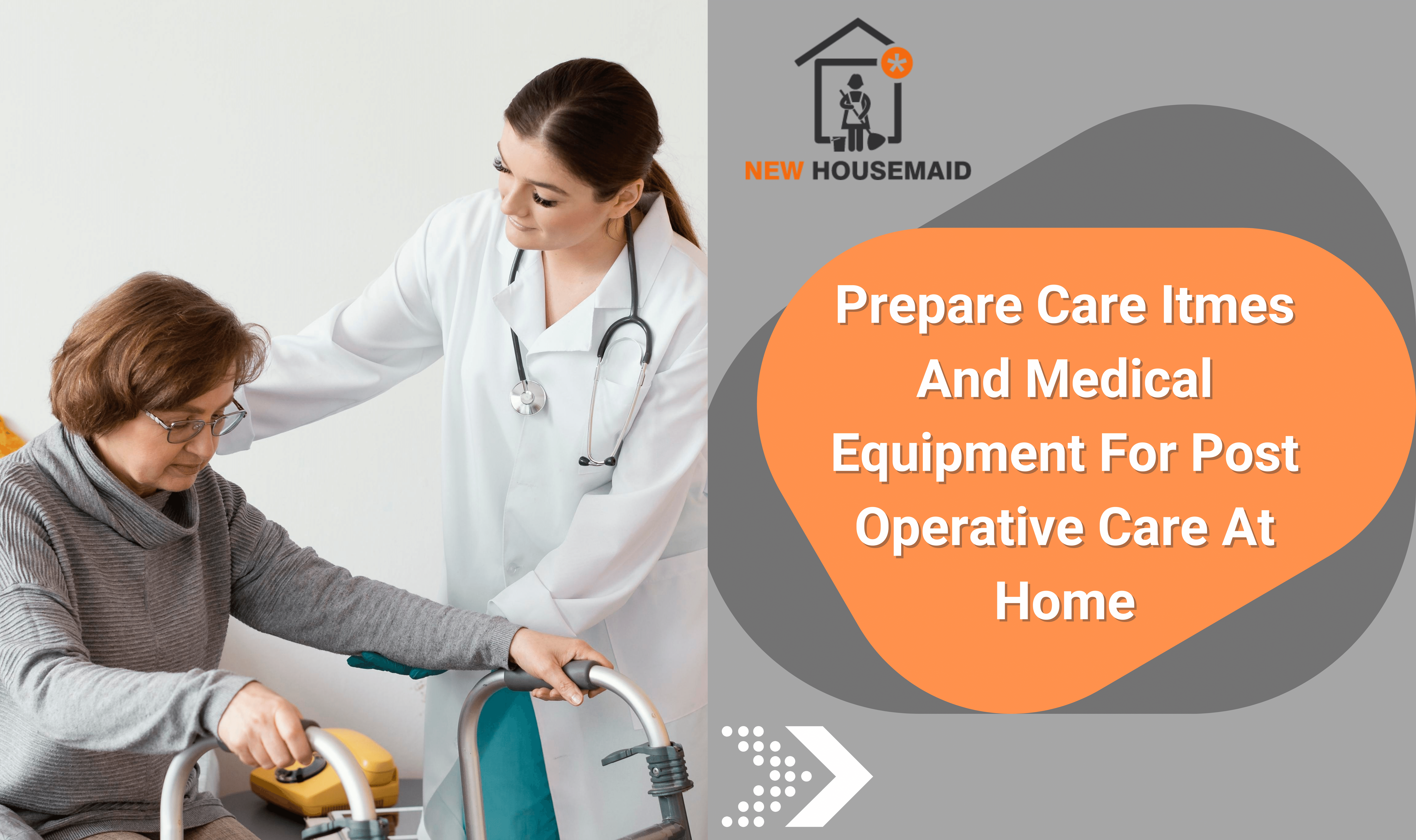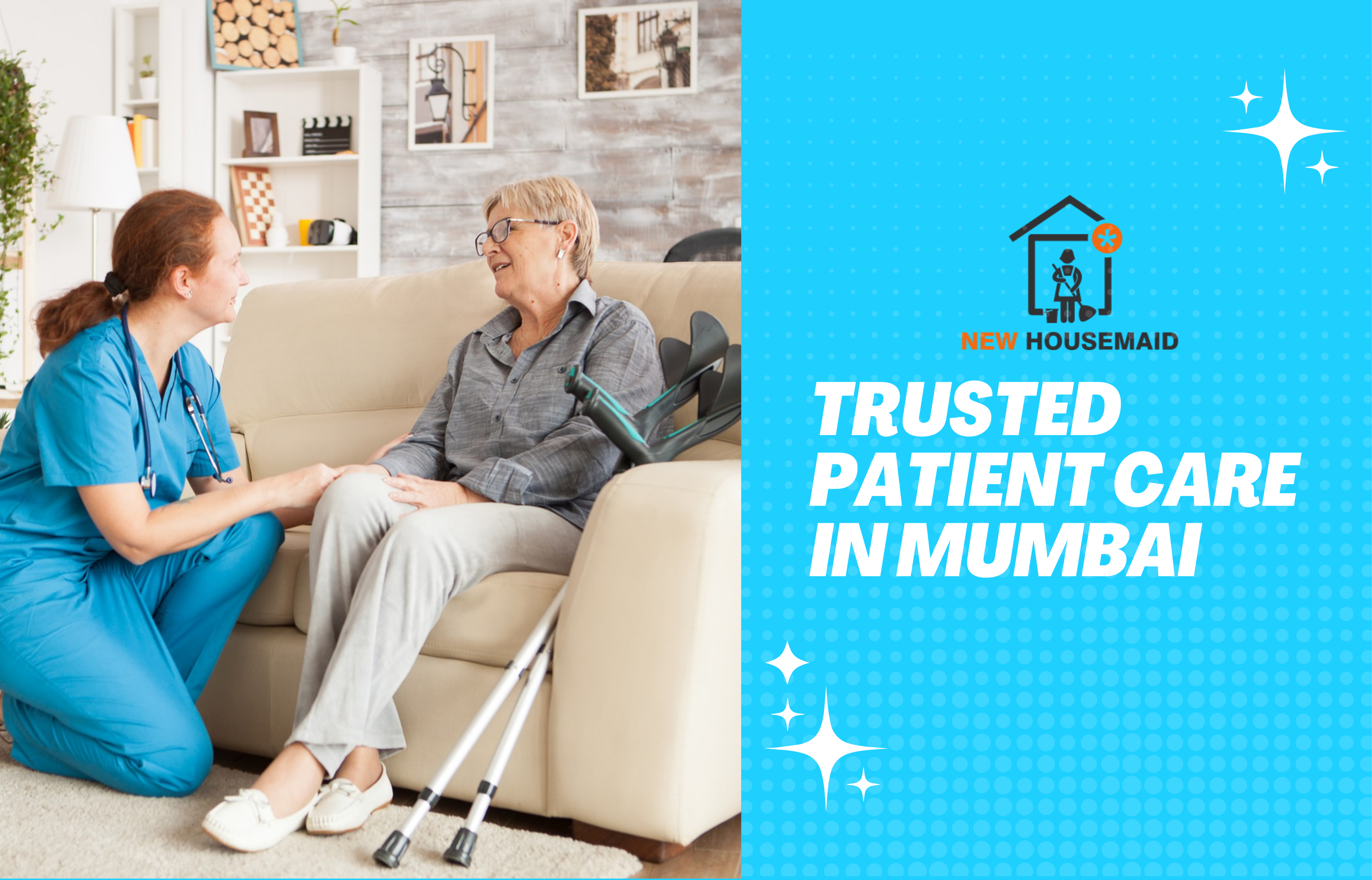
How to Prepare Care items and Medical Equipment for Post Operative Care at Home
Preparing care items and medical equipment is essential for ensuring a smooth and effective post-operative care process at home. Here’s an explanation of the process:
Compile Item List
Start by compiling a comprehensive list of care items and medical equipment needed based on the specific requirements of the patient’s post-operative care plan. This list should include essential supplies for wound care, medication management, mobility assistance, and comfort.
Consult Healthcare Providers
Consult with the patient’s healthcare providers, including surgeons, nurses, and therapists, to obtain specific recommendations regarding the types of care items and medical equipment necessary for the patient’s recovery needs. Healthcare professionals can provide valuable guidance based on the nature of the surgery, anticipated recovery timeline, and individual patient factors.
Acquire Necessary Supplies
Purchase or acquire the necessary care items and medical equipment as outlined in the prepared list. This may include wound care supplies such as sterile gauze, adhesive tape, and wound cleansers; medication organizers and pill dispensers for managing prescriptions; mobility aids such as walkers, canes, or crutches; and comfort items such as extra pillows, blankets, and loose-fitting clothing.
Ensure Proper Functionality
Before the patient returns home from the hospital or surgical center, ensure that all medical equipment is properly working. Test devices such as wheelchairs, bedside commodes, or patient lifts to ensure they are safe and functional. Check the expiration dates of medical supplies and medications to ensure they are not expired.
Organize Supplies
Organize care items and medical equipment in a designated area within the home that is easily accessible to both the patient and caregivers. Use labeled containers or drawers to keep supplies neatly organized and readily available when needed. Consider placing frequently used items within arm’s reach of the patient’s bedside or living area for convenience.
Educate Caretaker
Provide thorough education and training to caretaker on how to properly use and maintain medical equipment, administer medications, perform wound care procedures, and assist with other aspects of post-operative care. Ensure that caretaker understand the importance of following the care plan and adhering to any specific instructions provided by healthcare professionals.
Emergency Preparedness
Prepare for emergencies by having emergency contact information readily available, including the contact information for healthcare providers, emergency services, and nearby hospitals. Ensure that caregivers are familiar with emergency procedures and know when to seek medical assistance if needed.
Regular Maintenance
Schedule regular maintenance checks for medical equipment to ensure continued functionality and safety. Clean and sanitize equipment regularly according to manufacturer guidelines to prevent contamination and infection risk. Replace disposable supplies as needed to maintain hygiene and effectiveness.
By carefully preparing care items and medical equipment in advance and ensuring that caretaker are adequately trained, patients can receive the necessary support and assistance for a successful recovery process at home following surgery.
At New Housemaid, we provide trained and educated patient caretakers who are experienced in patient care at home. If you are looking out of patient care services in Mumbai then look no further. Call us today.


